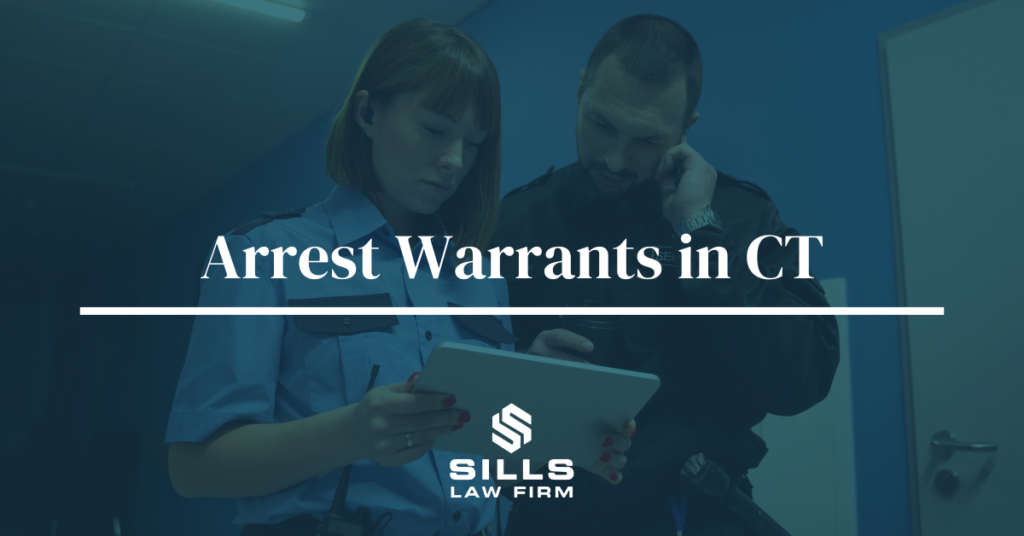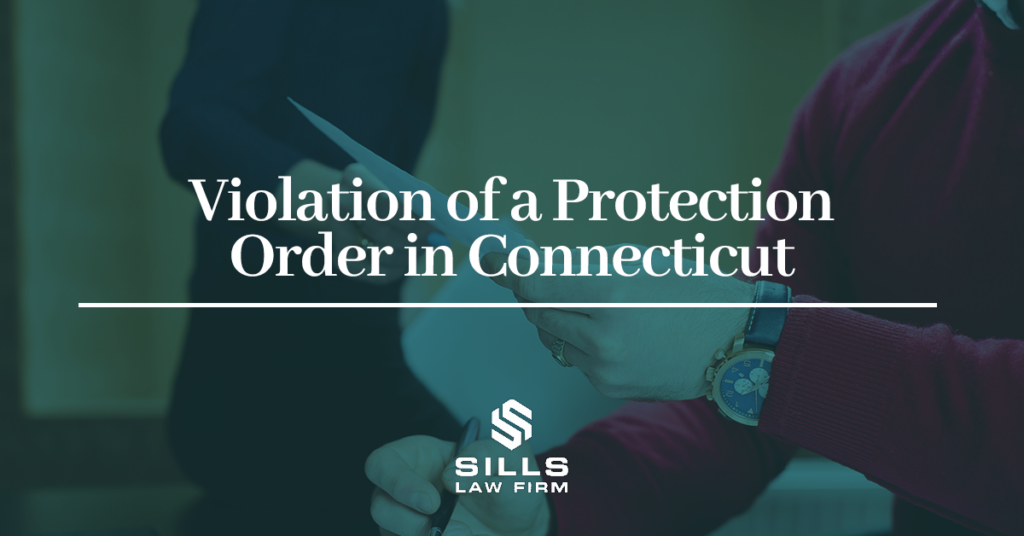One of the most common theft crimes committed in Connecticut is shoplifting. Not only does this offense involve taking merchandise from a retail store without paying for it, but shoplifting also means discarding security devices attached to items, altering the item’s price tag, or putting the item in another packaging to make it cheaper.
The penalties for shoplifting in Connecticut are quite harsh. Whether a person faces misdemeanor or felony charges depend on the dollar value of the stolen merchandise.
The following are levels of theft under state law:
- Sixth-degree larceny – If the value of the stolen item is $500 or less, shoplifting is a Class C misdemeanor, punishable by a jail sentence for up to three months and a maximum $500 fine.
- Fifth-degree larceny – If the value of the stolen item is between $500 and $1,000, shoplifting is a Class B misdemeanor, which carries a jail term of up to six months and a maximum $1,000 fine.
- Fourth-degree larceny – If the value of the stolen item is between $1,000 and $2,000, shoplifting is a Class A misdemeanor, punishable by a jail sentence of up to one year and a maximum $2,000 fine.
- Third–degree larceny – If the value of the stolen item is between $2,000 and less than $10,000, shoplifting is a Class D felony, which carries a prison term of up to five years and a maximum $5,000 fine.
- Second–degree larceny – If the value of the stolen item is between $10,000 and less than $20,000, shoplifting is a Class C felony, punishable by a prison sentence of up to 10 years and a maximum $10,000 fine.
- First–degree larceny – If the value of the stolen item is over $20,000, shoplifting is a Class B felony, which carries a prison term of up to 20 years and a maximum $15,000 fine.
Furthermore, a shoplifting conviction can also result in the defendant being held civilly liable to the store or merchandise owner for damages. This means you could be responsible for paying the full value of the stolen time (if damaged and unsellable), any financial losses suffered by the store owner, and paying the store or merchandise owner’s attorney fees and court costs.
However, many shoplifting criminals are minors. Juvenile courts have different penalties compared to adult criminal courts.
The following are the potential shoplifting penalties for Connecticut juvenile offenders:
- Probation – Lasting up to six months, the terms of probation include frequently reporting to a probation officer, staying in school, and obeying parents and other authority figures.
- Restitution – A juvenile shoplifting offender could be ordered to pay restitution to the store or merchandise owner.
- Diversion – A diversion program often includes enrolling in an education program, maintaining a certain GPA, performing community work, or other requirements. Upon completion of the diversion program, the juvenile will avoid a formal court proceeding.
- Confinement – If a juvenile is a repeat offender, he/she may be ordered to a juvenile detention facility or weekend detention program.
- Parental release – If it is a minor’s first offense, a juvenile court could simply choose to release the child to his/her parent.
If you have been charged with shoplifting in Connecticut, contact The Sills Law Firm today at (860) 524-8118 and request a free case review.
Related:






